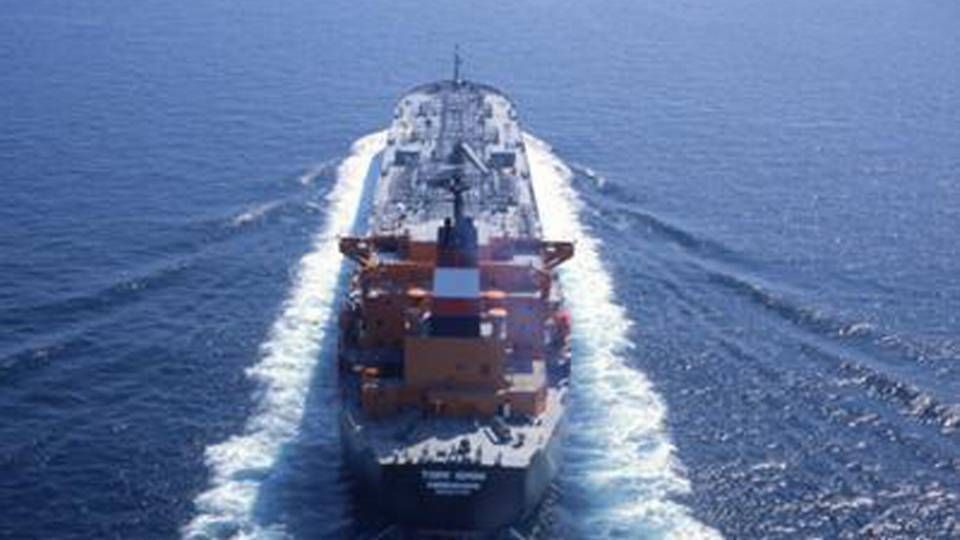DNV: Damaging to postpone NOx requirements

HOEYVIK, NORWAY: There will be major consequences should the IMO's environmental committee MEPC decide to postpone the implemantation of the NOx requirements from 2016 to 2021, says Henrik Madsen, CEO of certification bureau Det Norske Veritas (DNV).
"It must be a work accident at the IMO," he tells ShippingWatch, referring to the organization's meeting three weeks ago where the decision to potentially postpone the implementation was made.
"If they don't overturn the decision, it will be incredibly damaging. First of all, there's no reason to postpone it as the technology has been through the necessary tests. Secondly, we know that there are many health problems related to NOx, and combined with SOx as well."

Henrik Madsen is not the only one in the industry to criticize the IMO decision. In recent weeks, several parties have been vocal about the necessity of keeping the implementation deadline for the requirements in 2016. And the consequences could be massive if the next meeting of the environmental committee, in March 2014, results in majority voting in favor of the postponement, says Henrik Madsen. Especially for subcontractors who have developed technology for handling the increased requirements, but also in regards to future regulations.
ICS: Environmental requirements will cost shipping USD 50 billion a year
"Of course, if they suddenly decide to postpone this, those who invested in the technology and those who've been carrying the technology on the ships to test it will become completely disillusioned. And no one's going to trust the timeline for all kinds of other projects," says Henrik Madsen, pointing to the coming global requirements for sulfur emissions in the ECA zones in 2015 and globally from 2020.
"No one's going to prepare for the implementation of the SOx requirements. The NOx requirements only apply to new ships, not existing ships, unlike the sulfur and ballast water convention, so that's a much bigger problem. But they just have to go through with NOx, and I'm sure they will."
MAN Diesel & Turbo are one of the subcontractors to have developed technologies for handling the requirements.
German shipowners: New environmental requirements are completely unrealistic
"We've invested a huge amount of money in Tier III technology, so it's too bad that we won't get the chance to use that technolgoy. A big part of our development effort has been directed toward being ready for the 2016 requirements, which have now been changed," Denmark CEO Thomas S. Knudsen told ShippingWatch at the time, referring to the international Tier II requirements for engines' sulfur emissions.
The decision to postpone implementation of the NOx requirements was made three weeks ago, contrary to most expectations, at the MEPC meeting. Russia proposed the postponement, to which 19 countries voted in favor and 14 countries voted against.
Maersk: Governments should secure enforcement of SOx rule
Was Denmark taking a nap at the IMO's environmental meeting?
Related articles
Maersk: Governments should secure enforcement of SOx rule
For subscribers





















